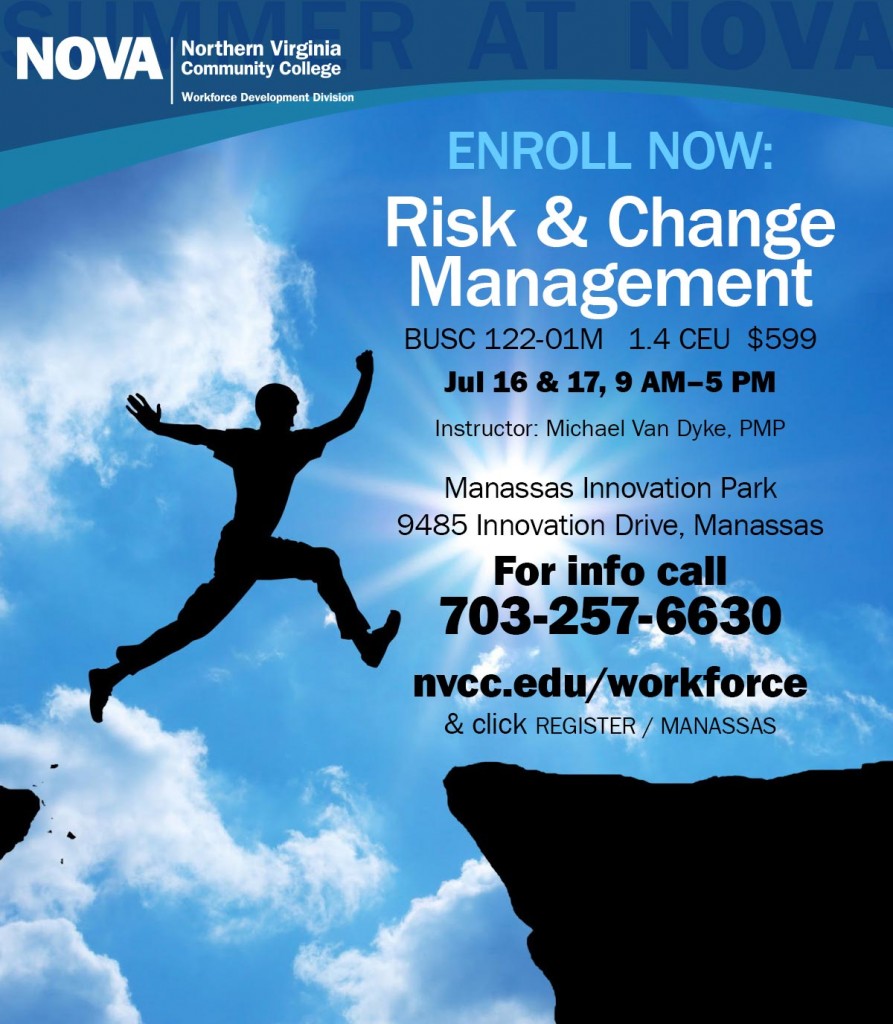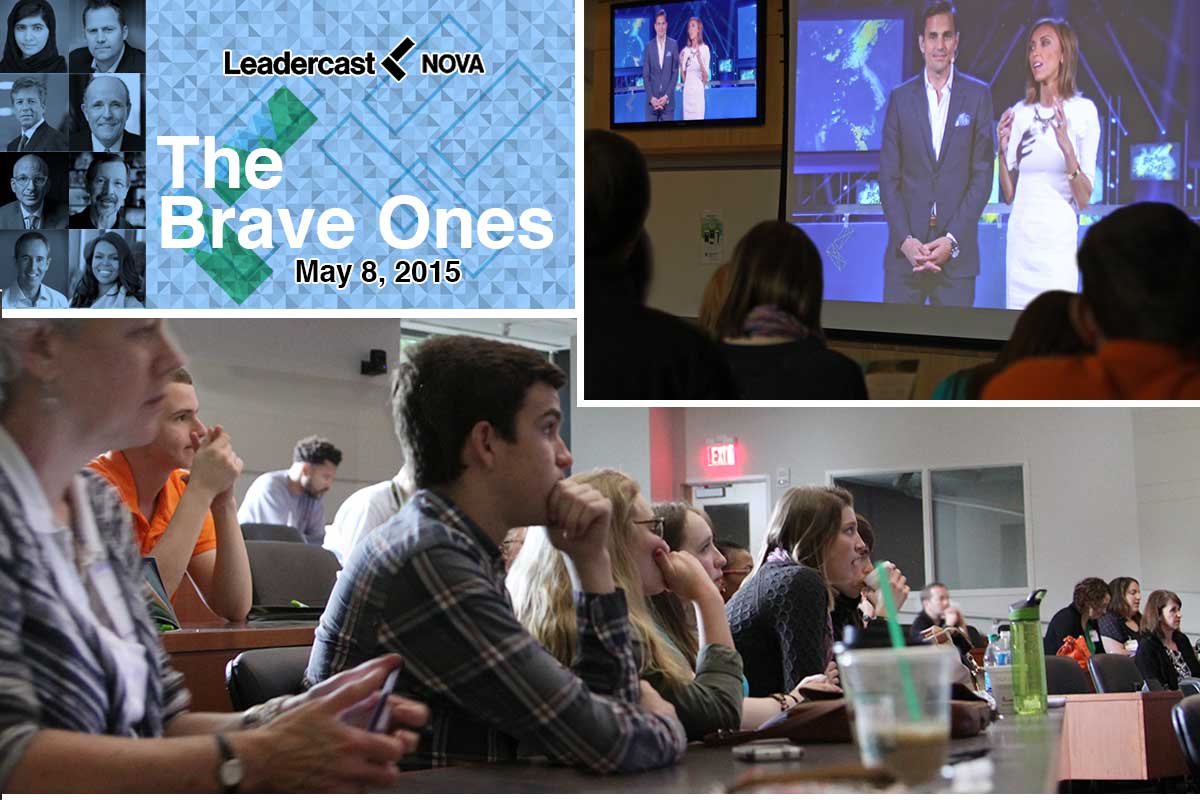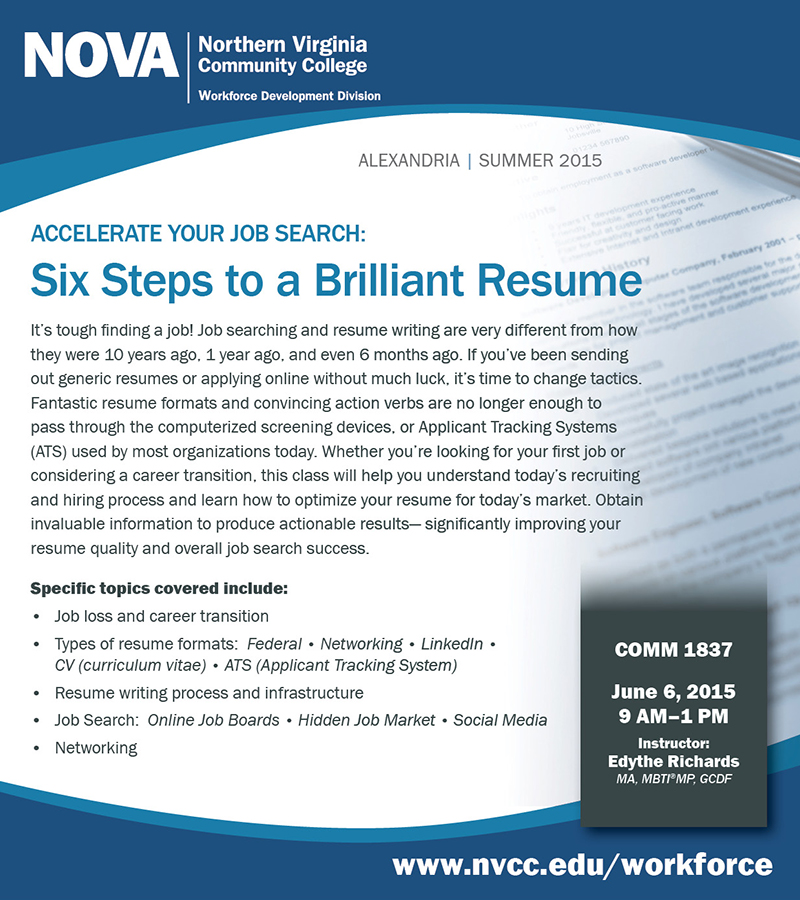
Do you, as an employer, view a degree as the only measure of skills and capabilities for your workforce?
The answer is “it depends.” Different industries have different requirements. But we need to step back and look at how the definition of higher learning—traditionally via a four-year degree program—has evolved, for both individuals and employers.
Degree alternatives
For many individuals, the traditional four-year degree program simply doesn’t fit their needs:
An associate degree for two years of study or a certificate of specialized training can … yield middle-class earnings. In fact, salary statistics indicate that workers with these short-term-education credentials can make as much as—or even out-earn—those with a traditional four-year degree. (“A Bachelor’s Degree isn’t the Only Path to Good Pay,” Wall Street Journal)
Degrees are still alive and well, but associate degrees awarded have grown 38% between 2008 and 2013 (the last year for which data is available), while bachelor’s degrees only grew 18%. More telling, however, is the 40% increase in this same period of career-focused certificates.
Formal degree programs, while still an essential tool for higher learning, may not be the answer for everyone. Especially those seeking a career in high-tech industries, where hard skills and market-ready experience is required for entry-level careers.
Consider technology leaders Steve Jobs (Apple), Bill Gates (Microsoft), and Larry Ellison (Oracle): each adjusted their learning experiences, opting out of a formal degree program. Consider the current needs of Millennials, who intuitively approach higher education as a collaborative, non-linear experience, often facing frustration with the traditional model of focused curricula.
From degree to targeted skills learning
Education is undergoing a shift, responding to the needs of people who no longer fit the archetype of a traditional student, and to the needs of companies who require employees to be well-versed in soft skills such as collaboration and problem-solving in addition to the fundamentals of a good education.
In her insightful FastCompany.com article “This is the Future of College,” Jessica Hullinger ponders higher education and value of a college degree:
Experts say that within the next 10 to 15 years, the college experience will become rapidly unbundled.
Hullinger goes on to explain that many programs are shifting to “skills, not semesters.” Employers are seeking job candidates with real-world skills and the ability to solve problems and work in teams. Schools are shifting their focus to competencies that translate to a ready-to-work skill set that can move an individual seamlessly from classroom to office.
Mid-career learning
For those who have already started a career, or for companies who need to provide training to already-established employees, the learning process becomes even more personalized. A software programmer, for instance, may need to gain skills in Cyber Security or network essentials. Project managers may need new certifications for job advancement. Mid-level staff may need to develop skills to advance into new leadership positions. Whether training is required for an individual staff member or as a company-wide initiative, the approach is going to need to meet schedule and staff needs.
Corporate spending on leadership development is high, especially as Millennials take on more responsibilities and leadership positions. According to a Forbes.com article, high-performing companies (those who fall into Forbes’ “high-impact” categories) spend significantly more on training than average.
Sending individual staff to attend open-enrollment classes can satisfy the need for basic skills development, such as Introduction to Word, or PMP/CAPM Exam Preparation. However, a customized training program is more effective for targeted staff development and improving overall knowledge, skills and abilities (KSAs) for a group of employees.
Customized learning
While basic, concrete skills will change with advancements in technology and shifts in the marketplace, soft skills such as communication, emotional intelligence, and team building are essential to create leaders who are able to turn multi-generational workers with different communication styles and work approaches into effective, highly productive teams.
Rounding out hard and soft skills in areas outside of employees’ job descriptions brings untold benefits to the company. The most successful teams consist of members who have skillsets that complement one another and play off of team members’ strengths. When employers invest in training in hard and soft skills, it helps employees feel valued as they work toward career development goals. (read full article in BusinessNewsDaily.com’s blog post)
With customized training, companies can bring together both core competencies and soft skills to develop a targeted training program that is more relevant to organizational needs. Customized training also allows companies to develop employees at a specific pace and at their skill level, which results in more effective learning and faster employee development.
Other benefits of customized training include greater control over content, a smaller overall cost in the long term, the ability to manage timing and schedule, and creating a tighter organizational culture as employees learn together as a team.
Your training resource
If you feel that customized training might be a solution for your company, please contact NOVA Workforce Development Division’s Corporate Performance Solutions team. We have developed customized training programs for federal, state, and local government organizations as well as large and mid-level corporations. We have industry knowledge paired with well-established instructors who can help you develop a training program that meets your specific needs.
We are embracing the future of education through open-enrollment courses, industry certification programs, and customized corporate training. Call us at 703-323-3281 to speak to one of our training program developers, or email us at NOVA_CustomizedTraining@nvcc.edu.






